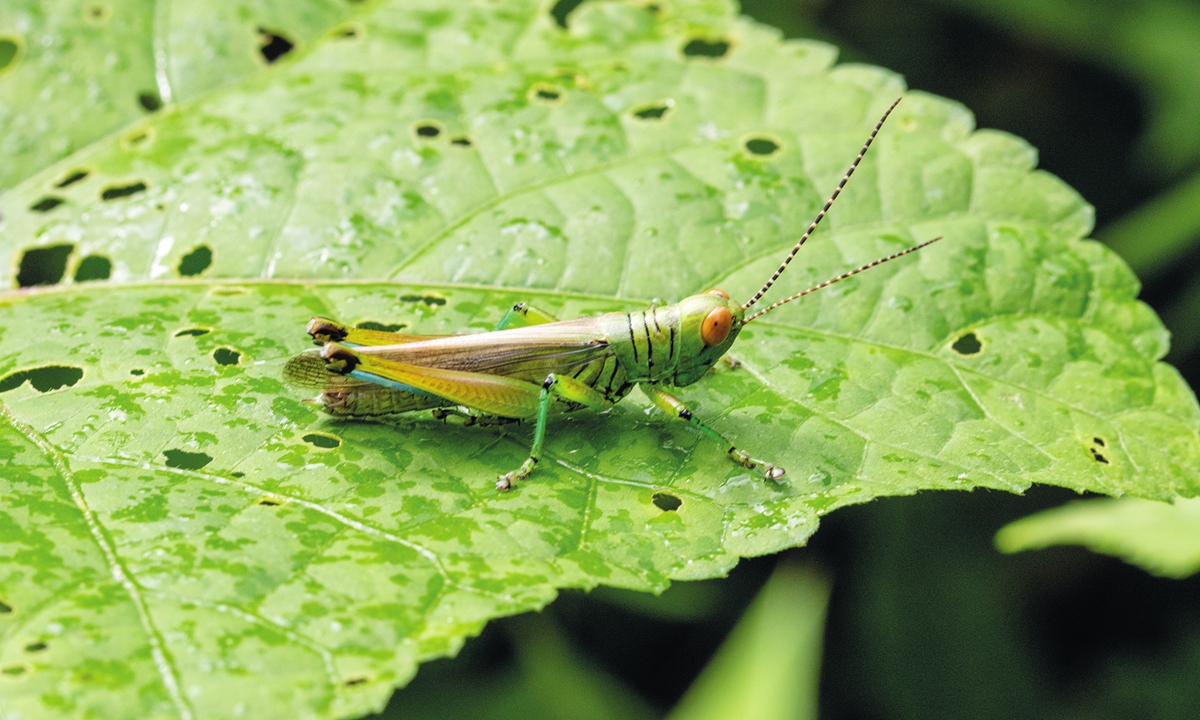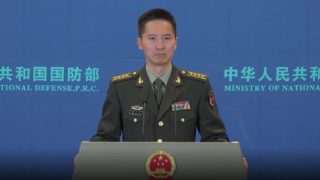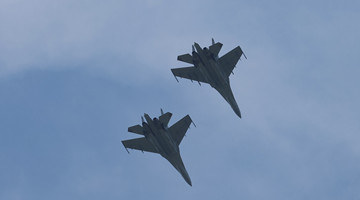
Insects become 'bioweapons'
The Defense Advanced Research Projects Agency (DARPA) is a research and development agency in the United States Department of Defense responsible for developing high-tech military applications.
Ever since DARPA announced the Insect Allies in the name of preventing disaster and increasing productivity, controversies surrounding the proposal have never stopped swirling.
According to the DARPA website, the program is pursuing "scalable, readily deployable, and generalizable countermeasures" against "potential natural and engineered threats" to food supply with the goals of preserving the US crop system.
It states that the program, "by applying targeted therapies," seeks to mitigate the impact of incursions, including naturally occurring threats to the crop system and "threats introduced by state or non-state actors," which can quickly jeopardize national security.
The Insect Allies program aims to transfer modified genes to plants through insect vectors along with the plant viruses they transmit, which involves three technical areas - viral manipulation, insect vector optimization, and selective gene therapy in mature plants, according to DARPA.
To achieve this goal, the $45 million project has founded at least four research institutes, the media reported previously.
It is reported that one of Insect Allies' experiments in 2017 involved maize and tomato plants and dispersal insect species including leafhoppers, whiteflies, and aphids.
However, DARPA's concept and the intention behind it have hardly convinced scientists. As early as in April 2018, an article on Science warned that the crop-protecting insects from Insect Allies "could be turned into bioweapons."
"If successful, the technique could be used by malicious actors to help spread diseases to almost any crop species and devastate harvests, they say. The research may be a breach of the Biological Weapons Convention," read the Science article, quoting European scientists.
"The program may be widely perceived as an effort to develop biological agents for hostile purposes and their means of delivery," the critics noted.
Germany's Max Planck Institute also indicated that the Insect Allies "could easily be misused for developing biological weapons."
In a critical review published in January 2022 on Society of Environmental Toxicology and Chemistry, scientists noted that "the combination of a virus-induced genetic modification of crop plants in the field using genetically modified insect vectors poses a greater risk than the hitherto existing use of genetically modified organisms."
In 2019, Forbes listed Insect Allies on the list of "Tech Ethics Issues We Should All Be Thinking About." "Is this a biological weapon? Will it motivate other countries to develop the technology in defense? " Forbes asked.
Zhang Jie, an expert from the Institute of Plant Protection under the Chinese Academy of Agricultural Sciences (CAAS), told the Global Times that the possibility of using insects as vectors for harmful bacteria and viruses to attack crops and cause a food crisis not only exists, but also has a lot of room for expansion.
He said that three main crops - rice, wheat and corn - all have deadly viruses, bacteria, or fungi. In reality, targeted pests, such as rice planthoppers and wheat aphids, can carry different viruses to infect the crops, causing huge losses.
"It would be deadly to transform an insect into a bioweapon, because until now, viruses in crops have been very difficult to control. Once an infected crop develops symptoms, it is almost impossible to save. And the virus keeps variating, creating even more difficulties in prevention," Zhang said.
Zhou Huanbin, Zhang's colleague who studies genome editing, told the Global Times that in the gene editing of crops, some principles must be followed, one of which is to minimize the risk of uncontrolled spread of gene-edited crops.
Also concerning the controllability of the project, Gregory Kaebnick, an ethicist at the Hastings Center bioethics research institute in New York, was quoted by AP as saying that once they are introduced into the fields, insects and microbes "might be impossible to remove." He warned that the Insect Allies technology could "end up being destructive."











